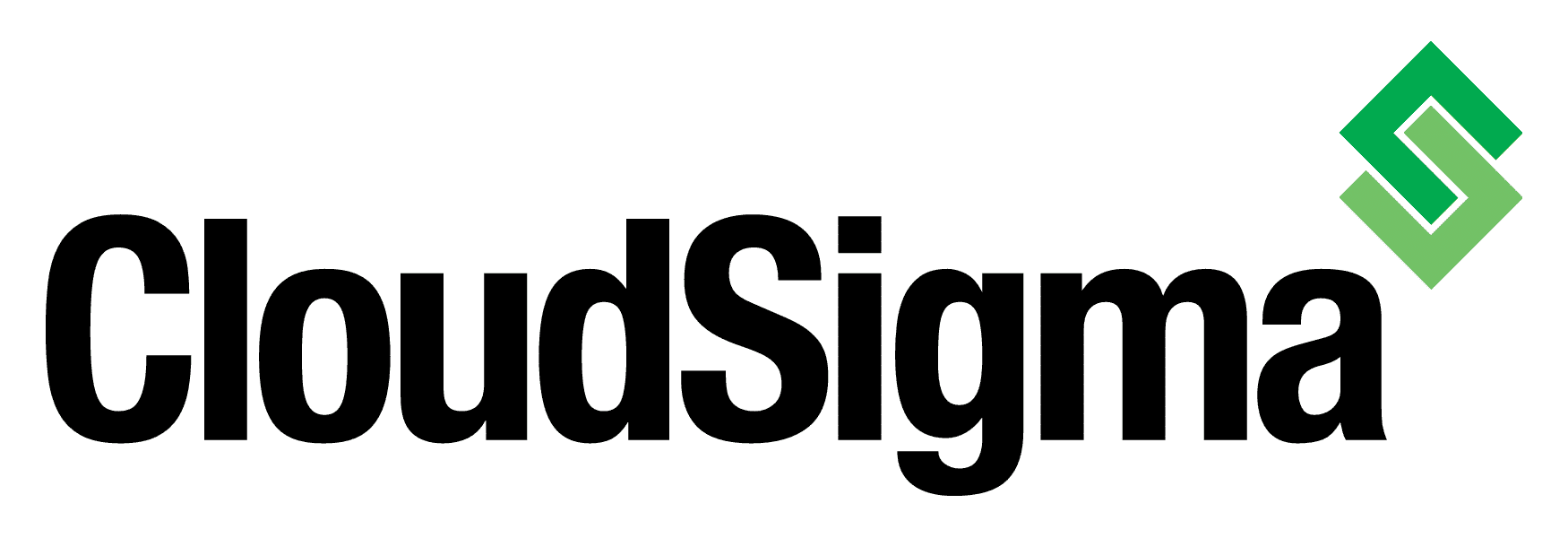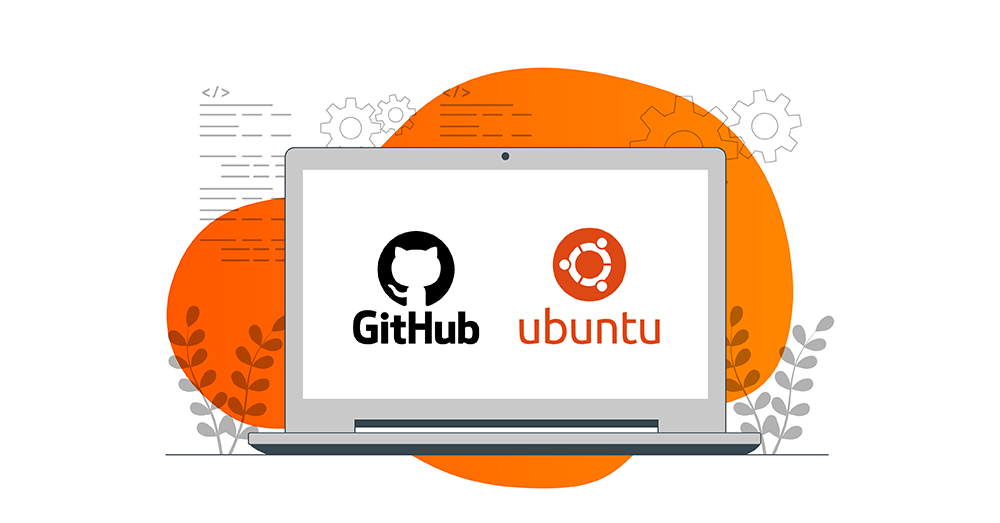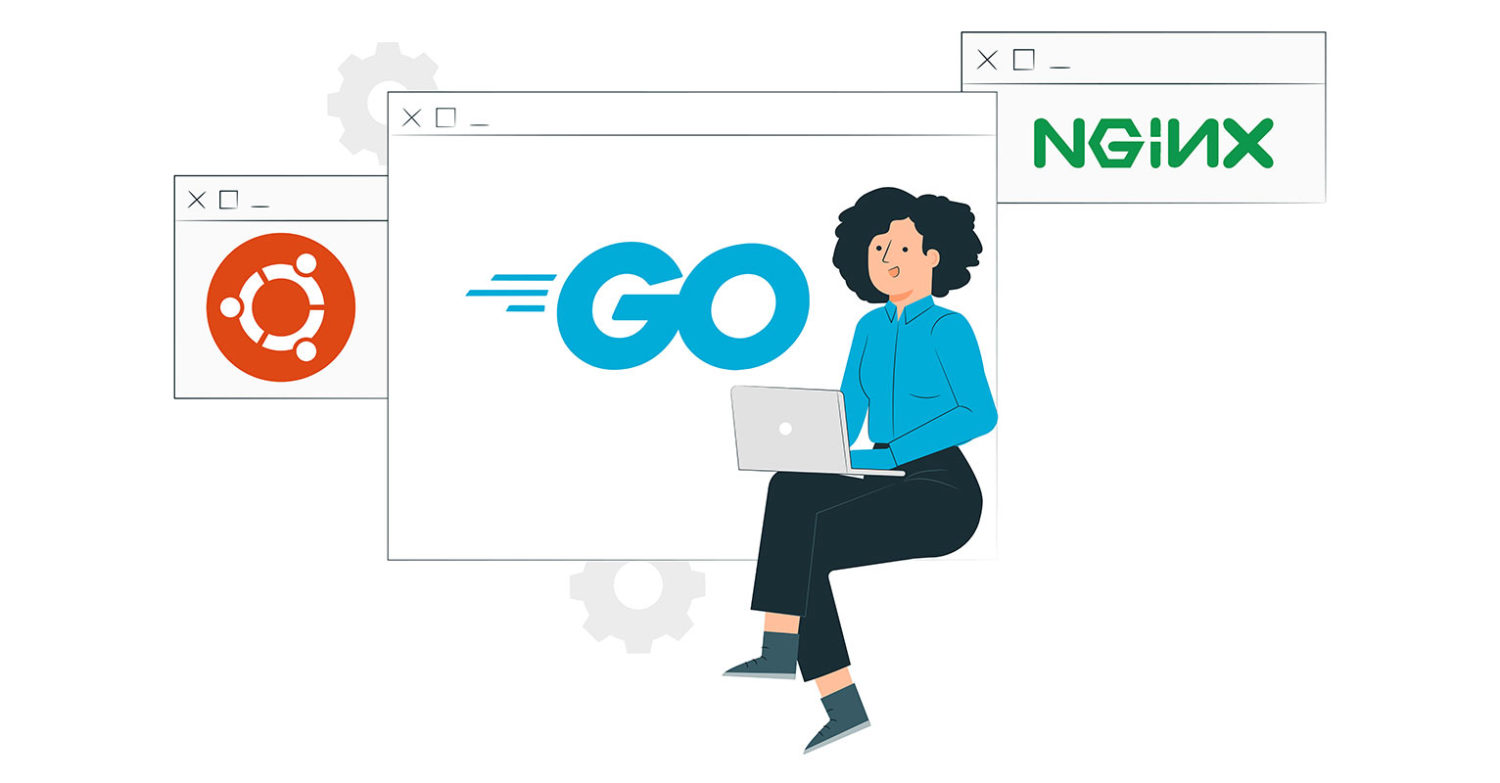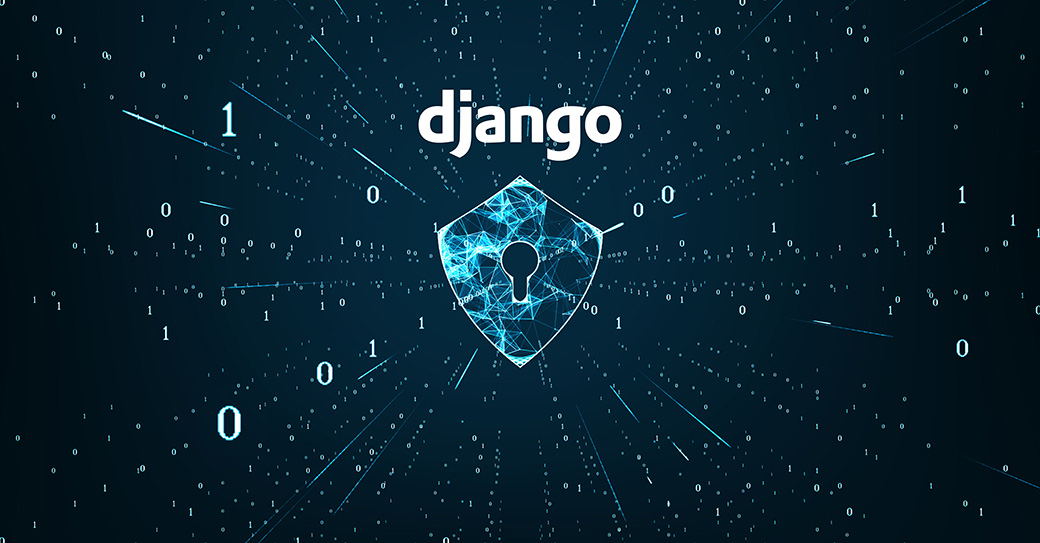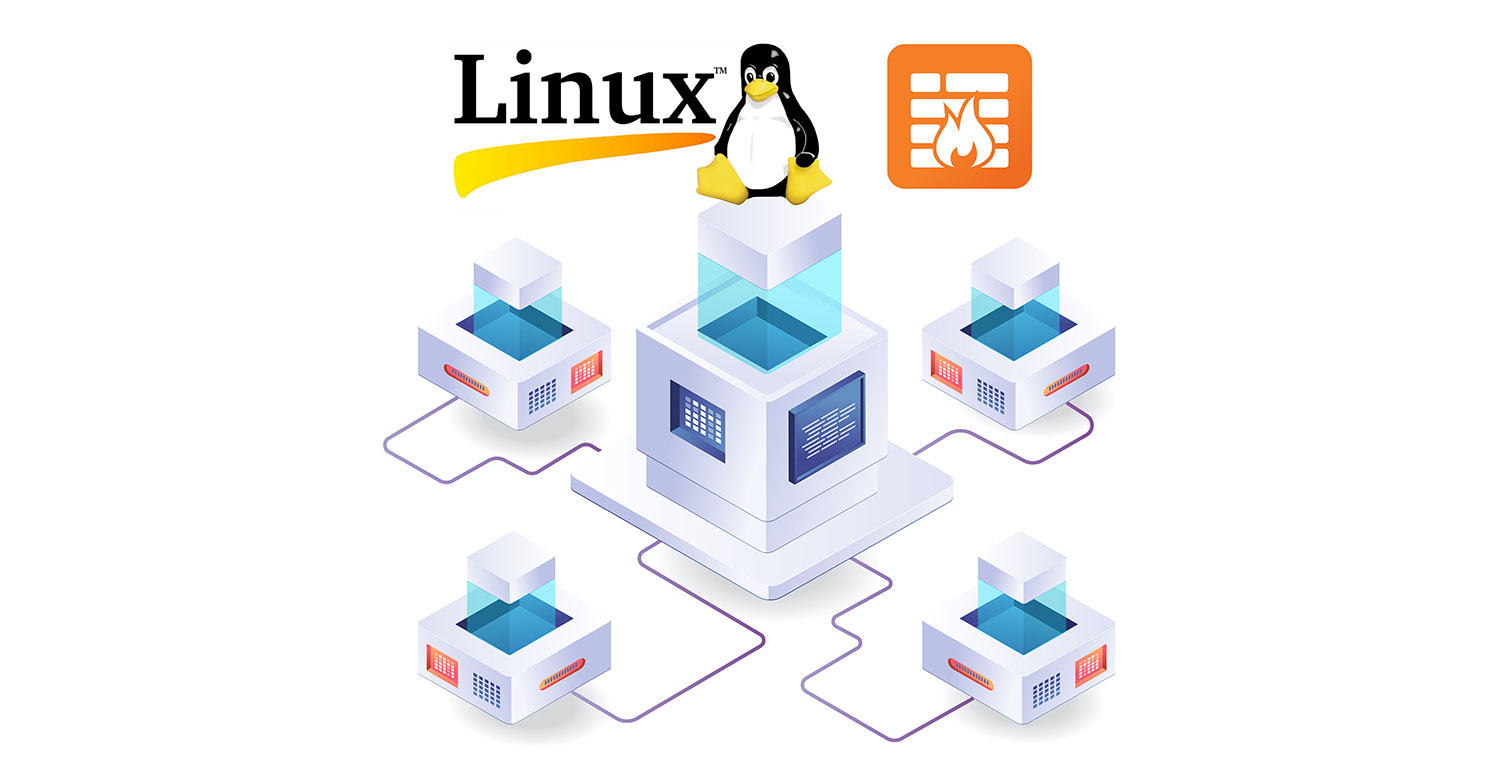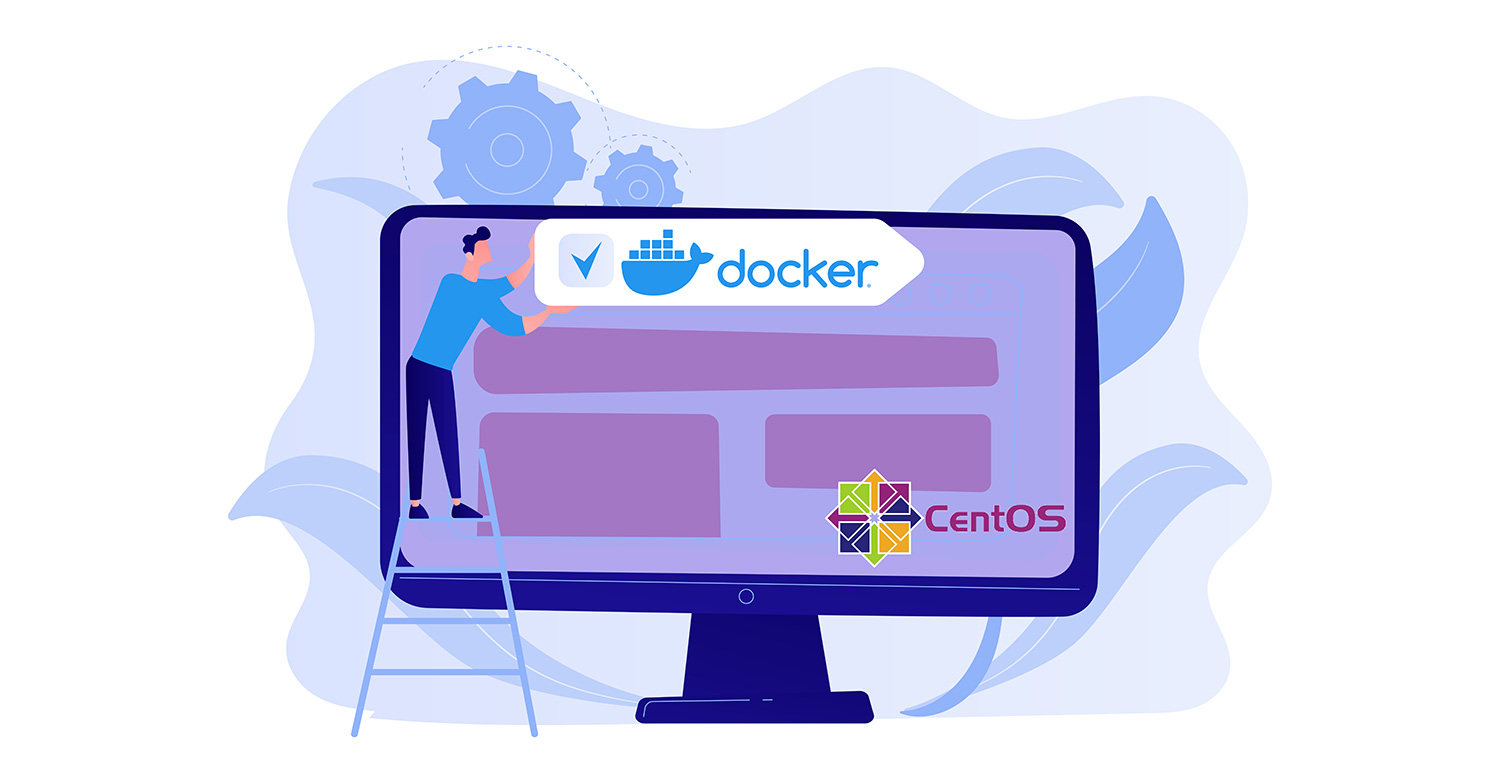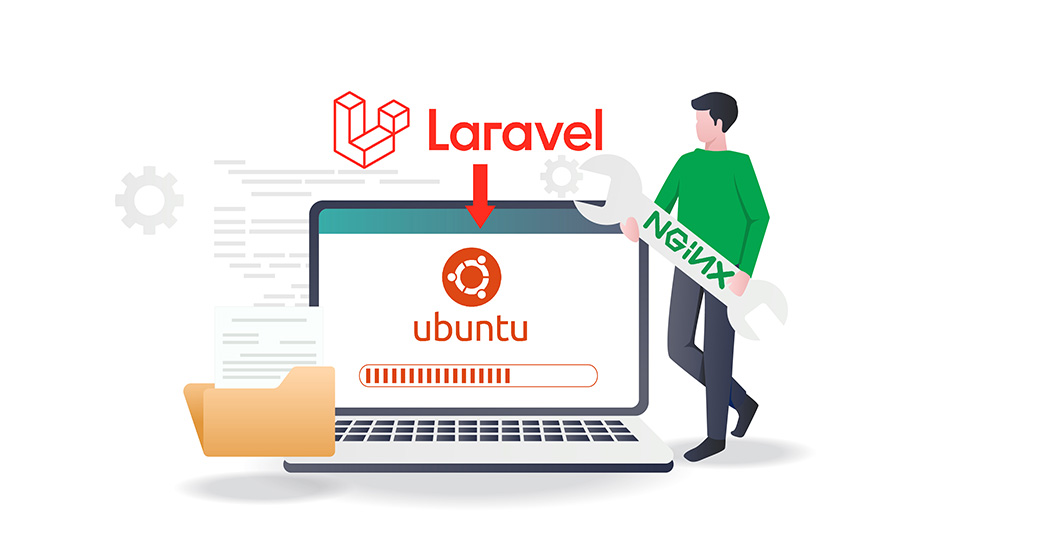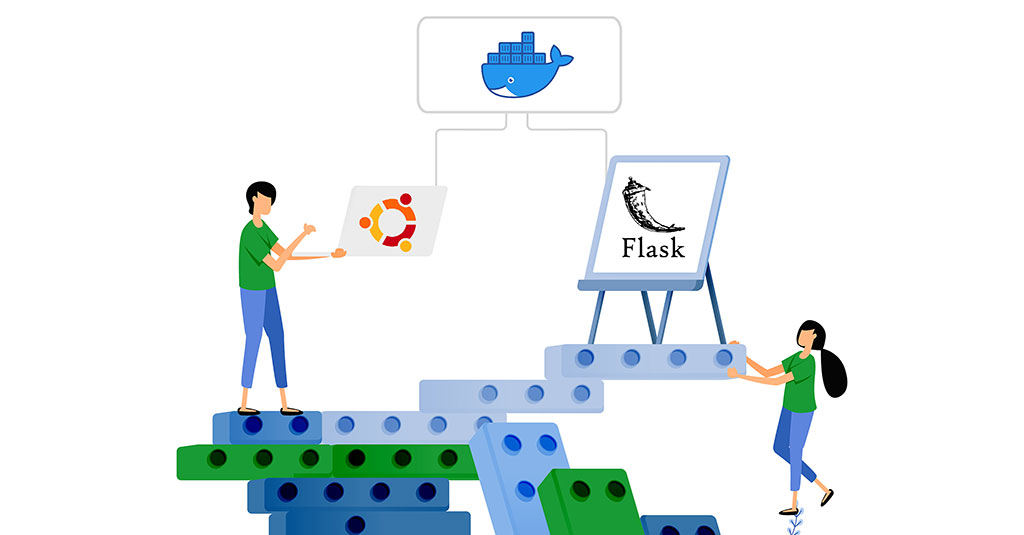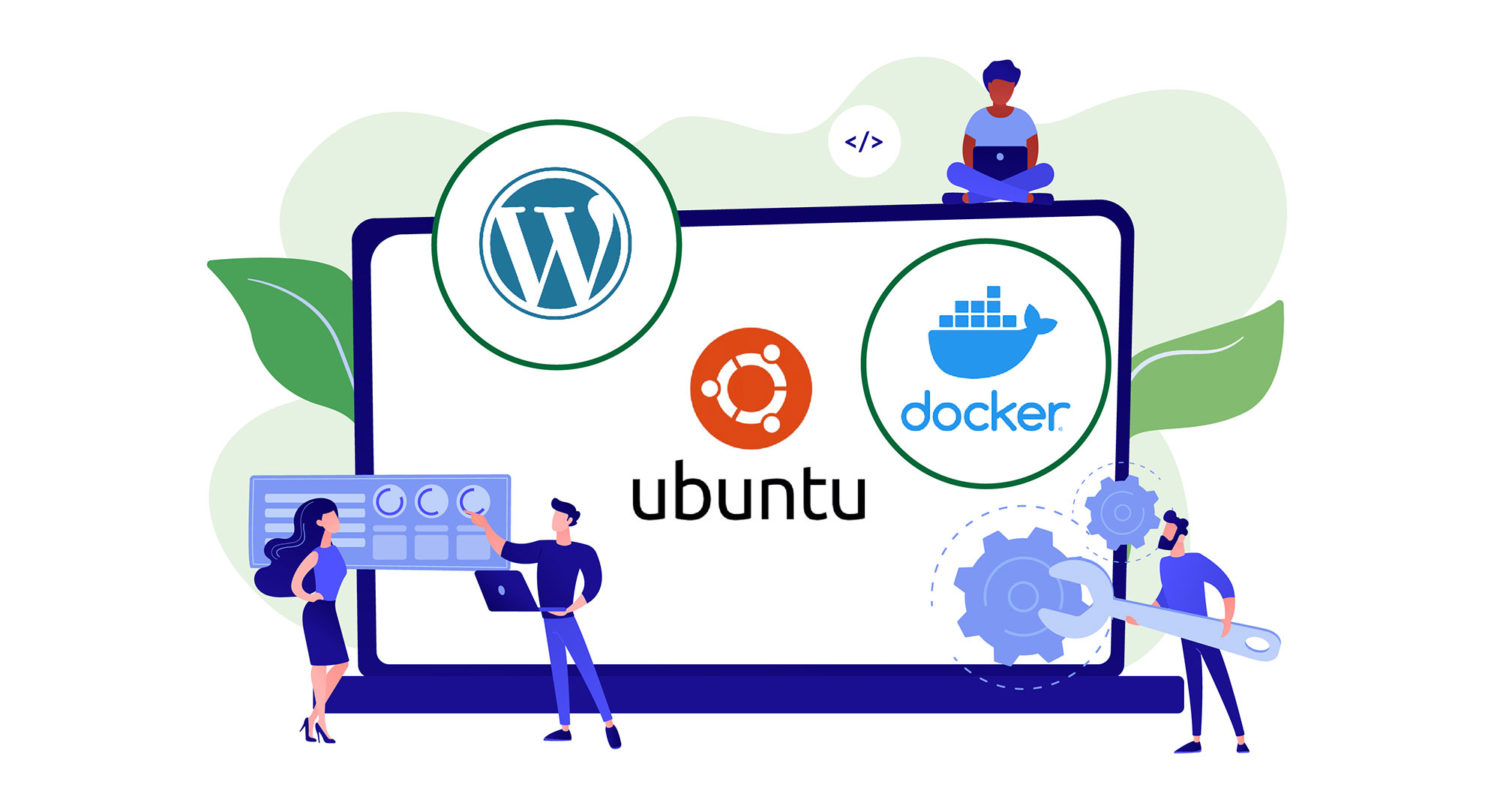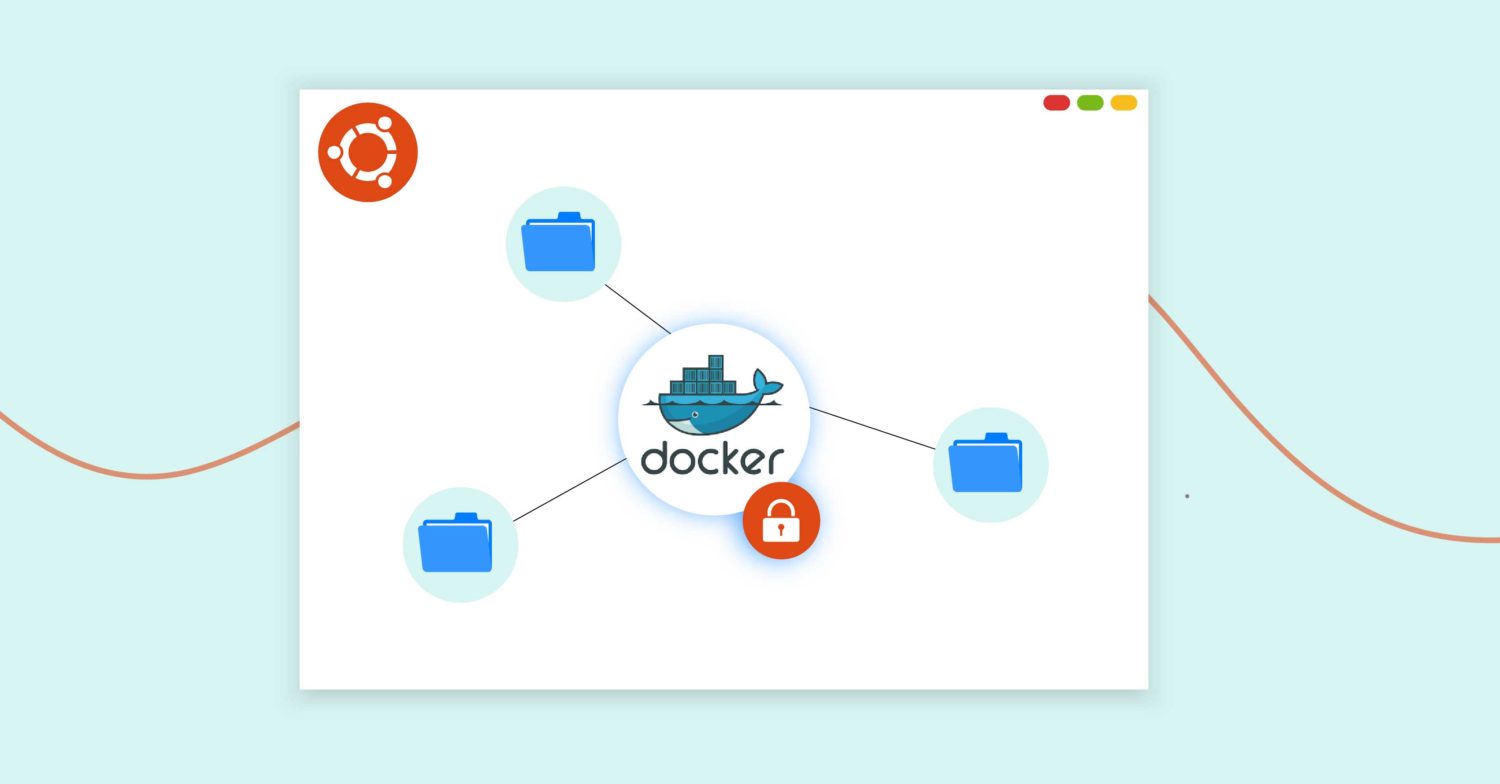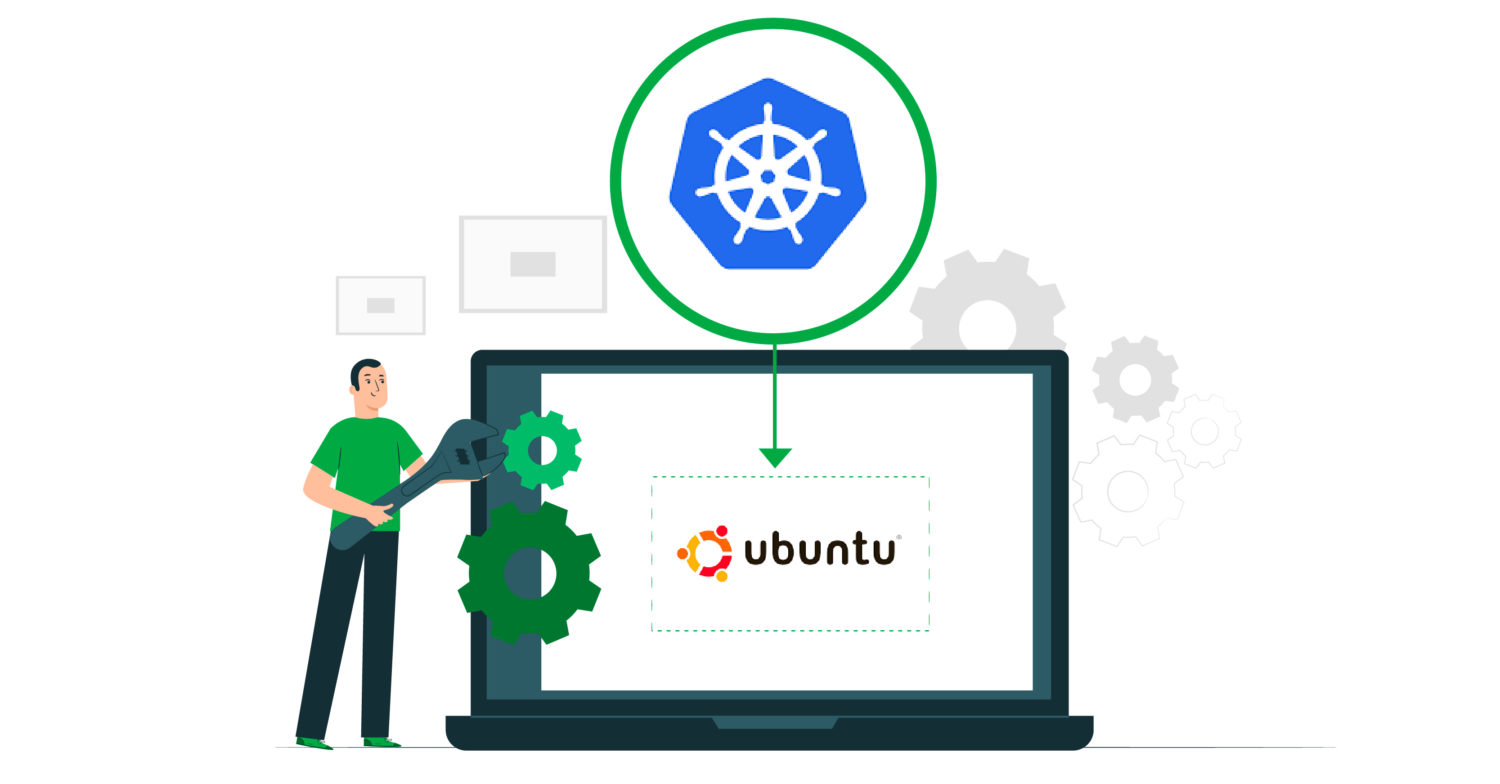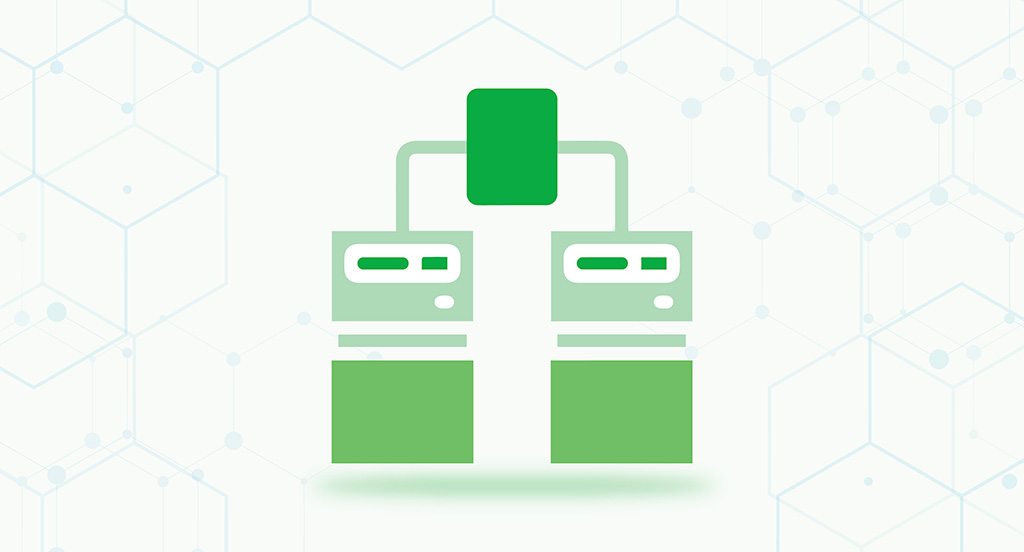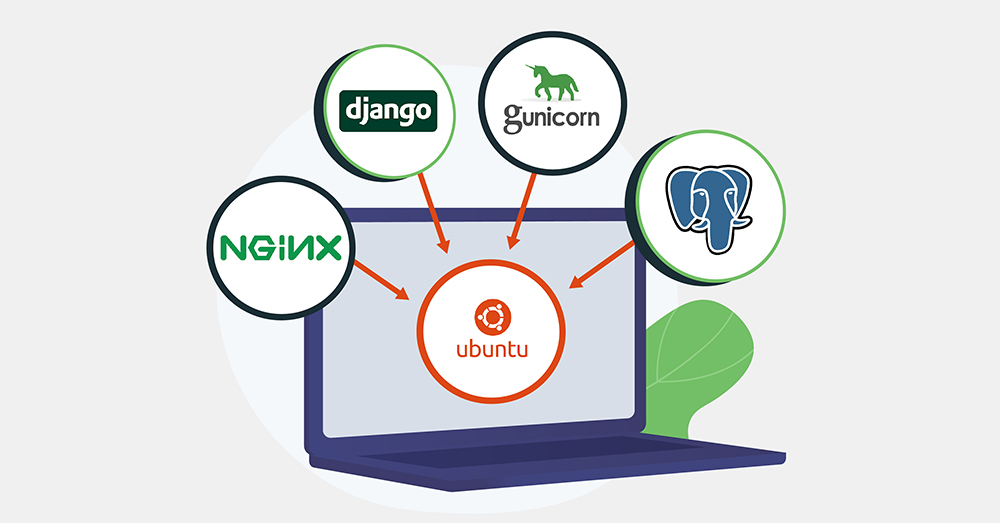Introduction Software Engineering is a fast-paced and competitive field. Rolling out your products to users faster will give you an edge over your competitors. On the bright side, industry best practices are in place to help companies have a level playing field. Continuous Integration and Continuous Development(CICD) is an example of a strategy that leverages industry best practices to give …
Deploying a Go Web Application using Nginx on Ubuntu 22.04
Go is an open-source general-purpose programming language. It was inspired by the productivity of Python while offering the ability of C. It was originally developed by Google to tackle issues they were facing with their codebase (code complexity and long compilation time). Like any other modern-day programming language, Go is suitable for all sorts of purposes. For example, it could …
How To Secure and Scale a Django Application with Docker, Nginx, and Let’s Encrypt
Millions of users get on the Internet to access information for various purposes including learning, entertainment, news, and sharing their lives’ progress with friends. Hence, when deploying an app, it’s in your best interest that you implement a highly secure and scalable infrastructure for your application. The cloud offers various ways to secure and scale a Django application. Horizontal scaling …
Forwarding Ports with Iptables in Linux: A How-To Guide
Port forwarding also referred to as port mapping, is a method for allowing remote devices to connect to a specific service within your private local-area network (LAN). As the name suggests, the process involves forwarding requests for a specific port to another port or network. It modifies the destination of the packet in-flight and is considered a type of network …
Installing Docker Compose on CentOS 7
Dockerisation has redefined the deployment and automation process in the software industry. Since its inception, the Docker team has continuously strived to make automated deployment seamless. Containerization technology does not just enable rapid application development and efficiency, but also saves time and strenuous efforts. Unbeatable functionalities such as orchestrating, defining, and running multi-container applications together make Docker a favorite pick …
Installing and Configuring Laravel with Nginx on Ubuntu 20.04
Introduction Laravel is a web application framework that comes with a set of built-in tools and resources to develop modern PHP applications. It’s well-known for its reliability, performance, efficiency, modularity, and security. Because of its various built-in features, Laravel has seen incredible growth in its popularity. Many developers are adopting Laravel to streamline the web development process. This guide will …
Build and Deploy a Flask Application with Docker on Ubuntu 20.04
Introduction Docker is an open-source container platform. It is a lightweight, virtualized, portable, software-defined standardized environment that allows the software to run in isolation from other software running on the physical host machine. Docker offers a lightweight alternative to virtual machines. At the same time, it provides portability, performance, agility, and scalability of applications. For a comprehensive guide about the …
How to Deploy WordPress with Docker Containers on Ubuntu 20.04
Introduction WordPress is one of the most popular Content Management Systems (CMSs) out there. Statistically, it powers over 39% of all websites you see around the world wide web. It’s a popular choice because of its extensibility through plugins and its flexible templating system. It allows you to change its appearance in seconds. Moreover, its administration can be done through …
Setting Up a Private Docker Registry on Ubuntu 18.04
Introduction Docker Registry is a centralized application that handles the delivery and storage of various Docker container images. This collection of container images saves a lot of time for developers. Docker images provide the exact same environment as to how it was built using virtualization. Thus, building Docker images takes a good amount of time from developers. A good example …
How to Install and Use Kubernetes on Ubuntu 20.04
Introduction Kubernetes is an open-source tool that is crucial in container orchestration. Kubernetes works by orchestrating and managing clusters at scale across various cloud environments or even on-premise servers. A cluster is a set of hosts meant for running containerized applications and services. A cluster needs a minimum of two nodes to work – one master node and a worker node. Keeping …
CloudSigma PaaS Platform Load Balancing How-to Guide
On CloudSigma’s PaaS Dashboard settings, you will find a tool known as a load balancer. Load balancers are dedicated nodes that allow you to perform load balancing– the process of traffic navigation and workload distribution across different components in your infrastructure. CloudSigma PaaS gives you the option to add these instances manually into your environment. You will get the option …
Setting up Django with PostgreSQL, Nginx, and Gunicorn on Ubuntu 20.04
Django is a free, and open-source web application framework that’s built in the Python programming language. Django is super-fast, secure, and highly scalable. At the hand of a skilled developer, Django can quickly establish a powerful website. It can seamlessly integrate with popular web servers (Apache, Nginx), and databases (MySQL, MariaDB, PostgreSQL, Oracle, and SQLite), etc. Django powers some of …
